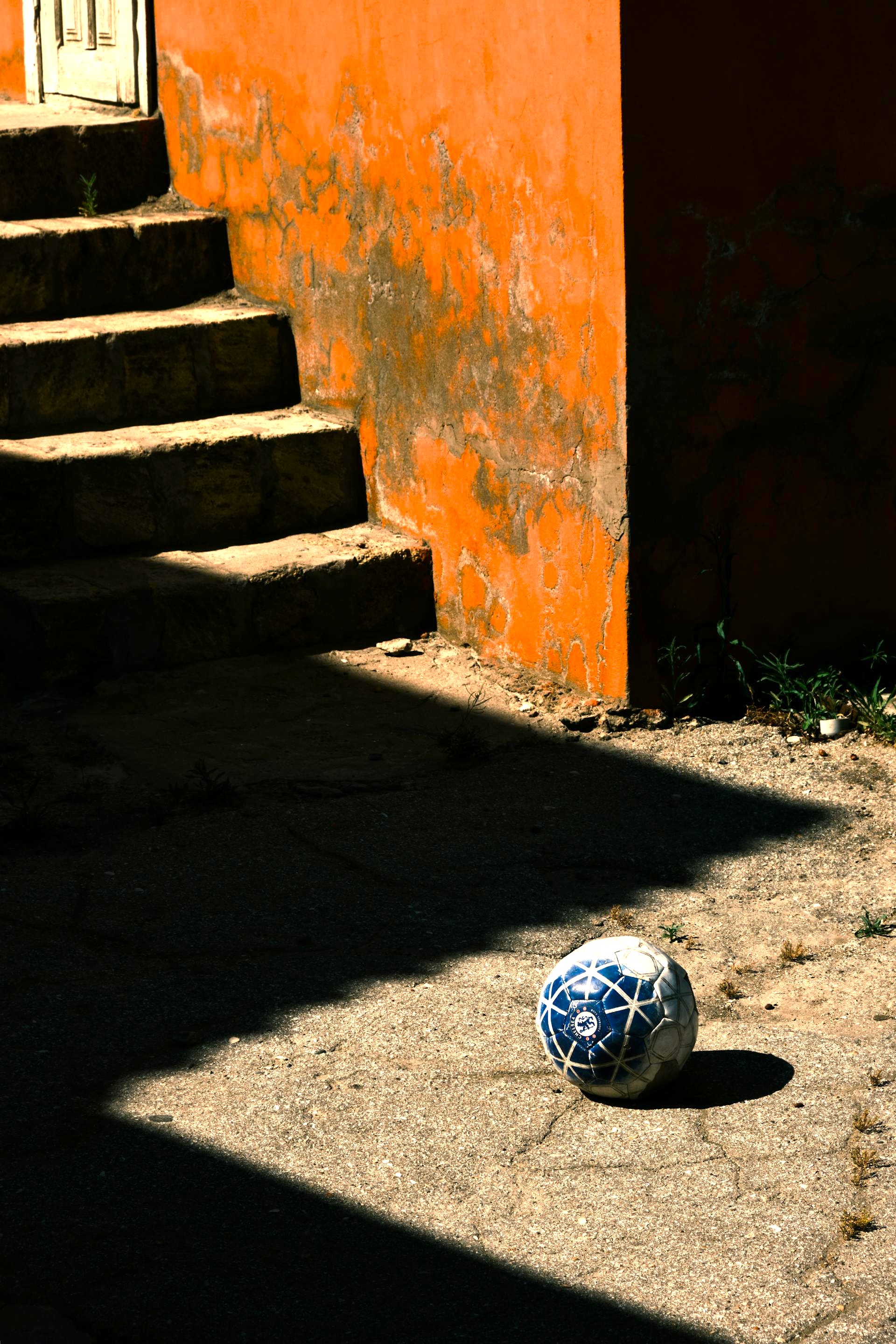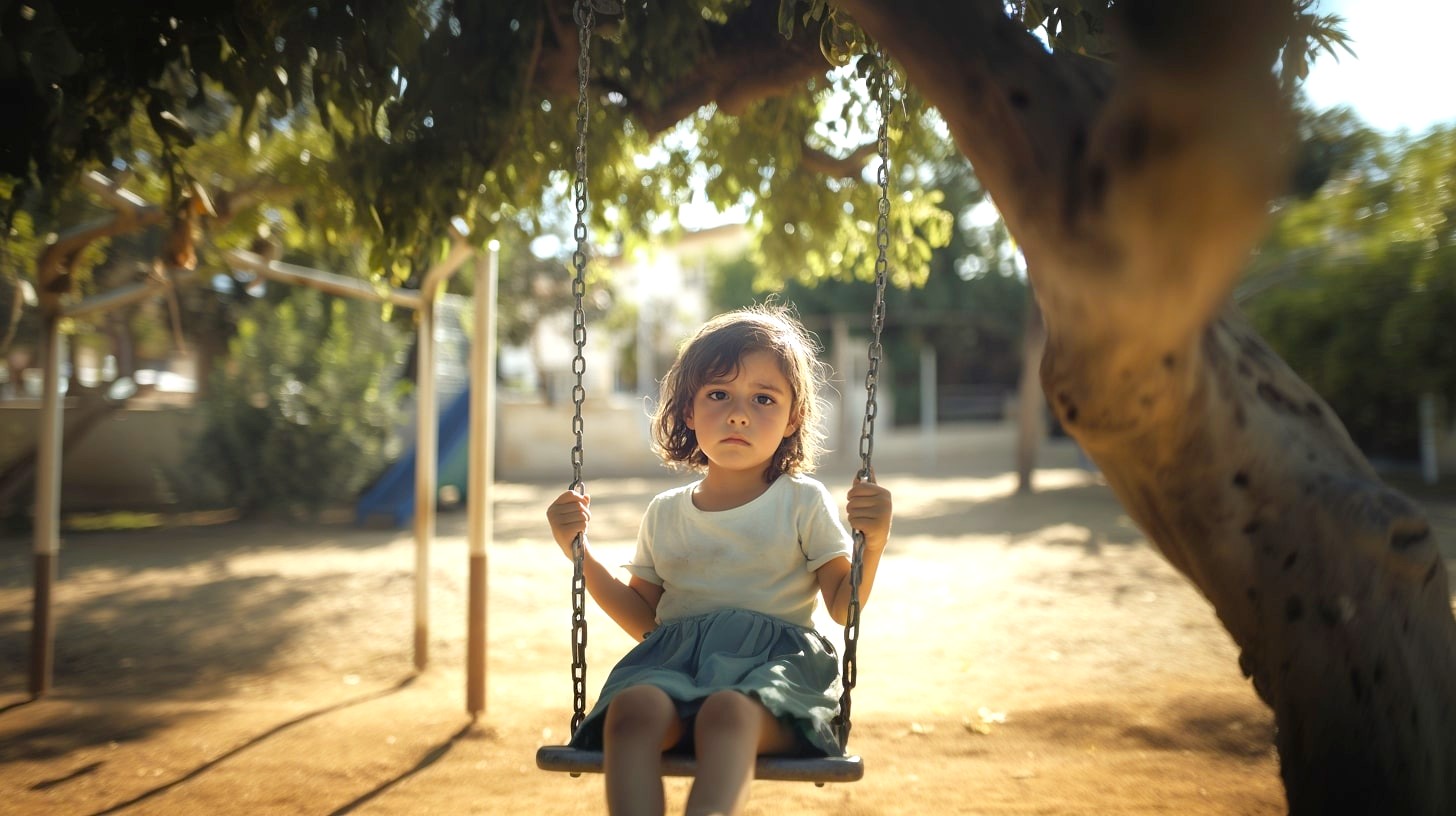‘Nobody comes knocking on the door anymore...’
In Cyprus, family has always come first.
On this island, over half of all Cypriots – the highest percentage in Europe – are in daily contact with their kin according to the European Social Survey. And just three in 10,000 claim to have ‘no relatives’.
We live with our family – the vast majority of households on this island contain one or more family, outnumbering solo residents or childless couples by a factor of three. We rely on our relatives financially; celebrate with them whenever we can; turn to them in times of crisis. And, though we may go at it like hammer and tongs (over politics, inheritance, or the best way to cook souvla), we trust our kin implicitly.
So, where do our friends fit in? In a country that still bases trust and belonging on family values, what price friendship?
In 2019, Cyprus had the highest social support in Europe – almost 70 per cent of the island said they had a caring, concerned support group.
At the other end of the scale, Greece and Turkey registered the opposite: just 21 per cent and 19 per cent respectively claimed to have a strong support network – perhaps a result of larger populations, increased urbanisation, and prolonged economic struggles that strain social ties.
Either way, Cyprus has enjoyed strong social support in the past. Although, over the last few years, the data suggests that may have changed…
By 2022, the island’s satisfaction with its personal relationships had dropped the furthest on the whole continent (except for in Bulgaria)! Don’t worry, we’re still pretty high: hovering around the middle of the charts, well above Spain, Italy and even Greece.
But we have seen a fall of late, and Cypriots may not be quite as happy with their social circle as once they were.
Whether or not the number of our friends have declined is anyone’s guess – the data simply isn’t there for Cyprus. But it is for other countries. And a global pattern is emerging.
In 1990, just 3 per cent of Americans said they had no close friends at all. By 2021, that number had risen to 12 per cent.
In the UK, the average person now has just 2.6 close friends – the lowest of any nation surveyed.
And, around the world, the average number of friends across all age groups is 4.3. That’s four-and-bit people you can count on at two in the morning when your car (or your heart) breaks.
By comparison, things should be better in Cyprus, right? We’re a collectivist culture. We still have a pretty strong sense of community. And we’re a small island – there’s rarely more than one degree of separation between you and anyone you meet on the street. Even expats reap these benefits, forming tight-knit communities in places such as Peyia and Oroklini.

But the world – and Cyprus with it – is changing. And friendships may be suffering…
“The pandemic was a turning point for me,” says 29-year-old Maria Georgiou, a Nicosia marketing professional. “All my friendships moved online and I got used to WhatsApp and Viber and Zoom. After a while, it was normal not to see each other in person.”
Maria adds that the pandemic also caused a rift in a few of her erstwhile friendships. “Some people I used to hang out with wanted to keep meeting up even when they had Covid! I just wasn’t okay with that, so we lost touch.”
One in three Brits fell out with friends due to stress and pressures relating to the pandemic, a figure that rose to one in two in those under the age of 35. But the last few years haven’t been just about losing friendships – how we define and maintain them has also shifted.
“I don’t think friends are the same thing for me as they are for my dad,” says 24-year-old university student Andreas Constantinou, a university student in Limassol. “Every weekend he still meets up with the same guys he went to school with.
“My generation is different: sure, I have friends I grew up with, and we still go to bars and football and stuff. But the people I really connect with, I’ve never actually met: my gamer friends from other countries probably know me better than anyone from school.”
This digital friendship shift is happening the world over. But is it working? Are younger people now connecting more constantly, but less genuinely?
According to one survey, 73 per cent of Generation Z say they’re seeking new friends. 12 per cent of under-30s say they feel lonely every day, and another 27 per cent are lonely at least once a week.
Yet only four per cent of over-60s say they felt lonely in childhood.
“When I was young, we were always outside with our friends, playing in the streets, visiting neighbours,” says 66-year-old Andreas Savvides, a retired teacher from Larnaca. “But today, I see my grandchildren sitting on the couch on their phones or computers all day long. Cyprus has great weather – why aren’t they outdoors all the time?”
In contrast, Andreas still meets up with people he’s known for 60 years.
“Of course you lose friends as you get older. They move away, pass on. But if you make an effort, join a few clubs, there are always new friends to be found in Cyprus,” Andreas says. “We’re a small island – you run into the same people again and again, and that’s good for making friends.”
As early as 2013, studies were proving that real-life friendships correlated directly to well-being, whereas online networks didn’t. Being with friends in person builds trust, strengthens emotional bonds, and boosts health in ways that digital interactions can’t.
“I don’t think,” Andreas adds, “the issue is that friendships are disappearing. I think the real problem is that the younger generations have forgotten how to prioritise friends over work or technology. I see my kids and grandkids getting busier, spending more time with their gadgets, watching TV all day.
“Once, friendships in Cyprus happened naturally because you were always surrounded by people. Now, nobody comes knocking on the door anymore.”






Click here to change your cookie preferences